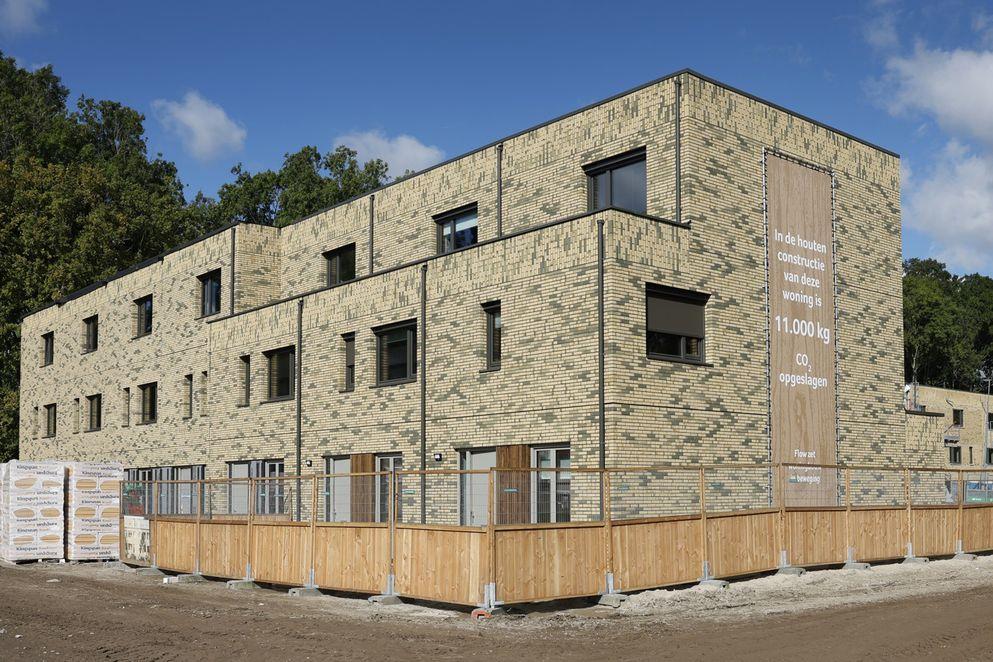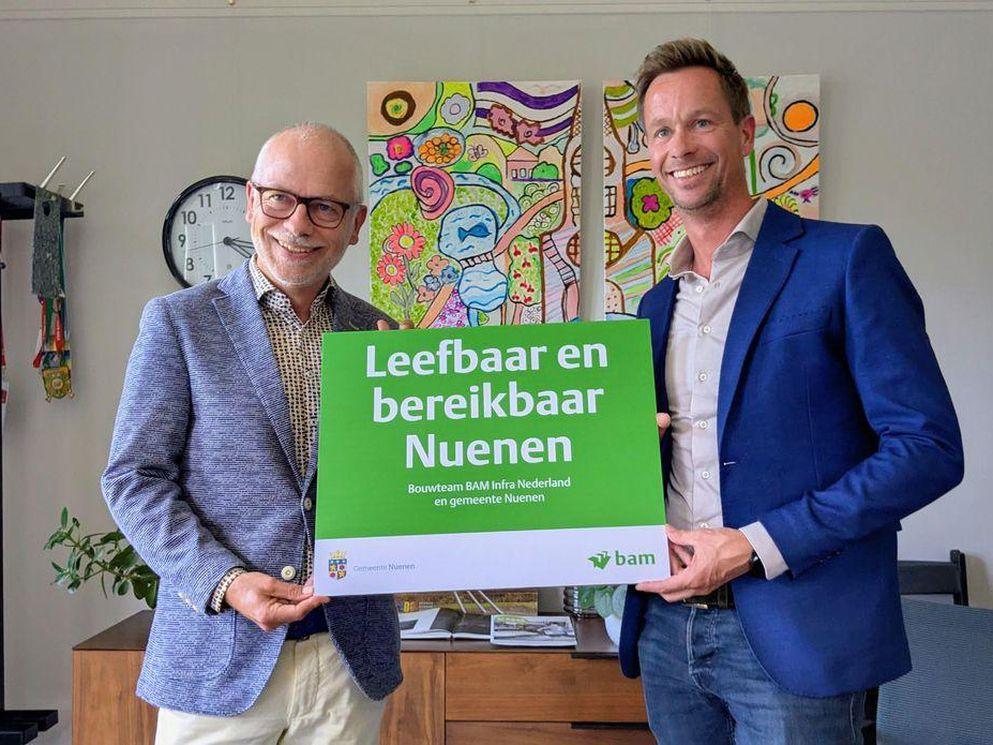
SBTi validates Royal BAM Group's updated sustainability targets
Bunnik, the Netherlands - Royal BAM Group is pleased to announce that the Science Based Targets initiative (SBTi) has validated its new reduction targets for Scope 1, 2, and 3 carbon emissions and its goal to achieve net zero by 2050. These updated goals reinforce BAM’s commitment to sustainability and its mission to build a sustainable tomorrow.
BAM’s updated targets include a 90% reduction in CO2 intensity for Scope 1 and 2 emissions by 2030 (compared to 2015 levels). This builds on earlier goals of a 50% intensity reduction by 2023 and an 80% reduction by 2026 for Scope 1 and 2 emissions. Furthermore, BAM’s commitment to achieving net zero emissions by 2050 highlights its dedication to meaningful climate action and advancing sustainability.
Enhanced focus on scope 3 targets
The revised and validated targets, announced in early 2023, also include a more ambitious Scope 3 goal, increasing the reduction targets from 20% (2017 baseline) to 50% by 2030 (2019 baseline). Addressing Scope 3 emissions, which cover upstream and downstream operations beyond BAM's direct control, remains a significant challenge but also a key opportunity to drive sustainability in the construction industry.
'Our efforts in Scope 3 CO2 emissions reduction will be driven by improving measurement methodologies and fostering collaboration across the supply chain', said Ruud Joosten, CEO of Royal BAM Group. 'Additionally, initiatives such as GROENR BETON, which reduces CO2 emissions by up to 20% compared to traditional concrete, the growing adoption of bio-based materials, and our FLOW sustainable wooden homes concept, demonstrate our ongoing commitment to innovative and sustainable solutions.'
Achievements to date in scope 1 and 2 reductions
BAM has already surpassed its previous 2023 Scope 1 and 2 CO2 reduction targets, achieving a 56% reduction in intensity since 2015 and a 22% cut in absolute emissions between 2022 and 2023. This progress is driven by biofuels, fleet electrification, and energy efficiency improvements. Moving forward, BAM aims to further reduce emissions by electrifying our equipment, and using sustainable biofuels.
To learn more about BAM’s sustainability strategy, visit Let's go beyond, together.
Further information:
- analysts: Michel Aupers, michel.aupers@bam.com, +31 (0)30 659 89 88;
- press: Bert Ooms, bert.ooms@bam.com, +31 (0)30 659 89 88.




